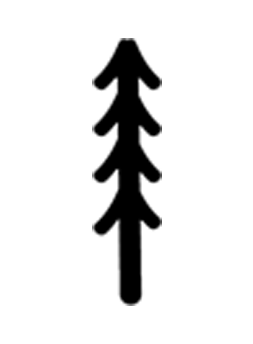





Kintra has created the fiber innovation the industry has waited decades for.
Made with low cost, abundant raw materials that are 100% bio-based and traceable.
Intrinsically compostable and aligned with modern chemical recycling efforts.
A drop-in and production-ready fit to commercial polyester manufacturing equipment.
75D/72F multifilament yarn, which matches the industry workhorse profile familiar to brands, mills, and consumers. Available in FDY, ATY, DTY forms.
Kintra yarns delivers best-in-class abrasion and pilling resistance yet maintains a luxuriously soft next-to-skin feel—perfect for garments that work hard and wear well.






